Your typical year-end round-up starring Chilean coups, airplane food, and octopus felatio.
In the old days of print journalism, you published a story, hoped that the readers liked it, and then moved on to the next issue with only a vague idea of whether or not people were paying attention. Today, for better or worse, we can break a story’s readability down into milliseconds and microparticles.
Sometimes we obsess over a particularly great story. Will people read it? Will they share it? Will it wiggle its way onto people’s browsers and into their hearts? Or will a bunch of crazy-eyed kittens leave it out in the cold while they fondle their balls of yarn next to the fire? In the end, you publish it and leave its fate in the fickle hands of the Internet gods.
Thankfully, it usually sorts itself out. Good stuff gets read; bad stuff goes to the corner to cry in private. If we learned anything in 2013, it’s that our readers don’t discriminate in their appetites for content. The most-read stories of the year include everything from bootleg booze in Karachi to vibrator-shopping in Istanbul to 45-course modernist feasts in Barcelona.
When all is said and done, when the Tweeters and the Facebookers, die-hards and first-timers, Redditors and Digg dudes have had their say, these are the 13 most-read stories of 2013.
1. For Women, By Women: An Istanbul Sex Shop
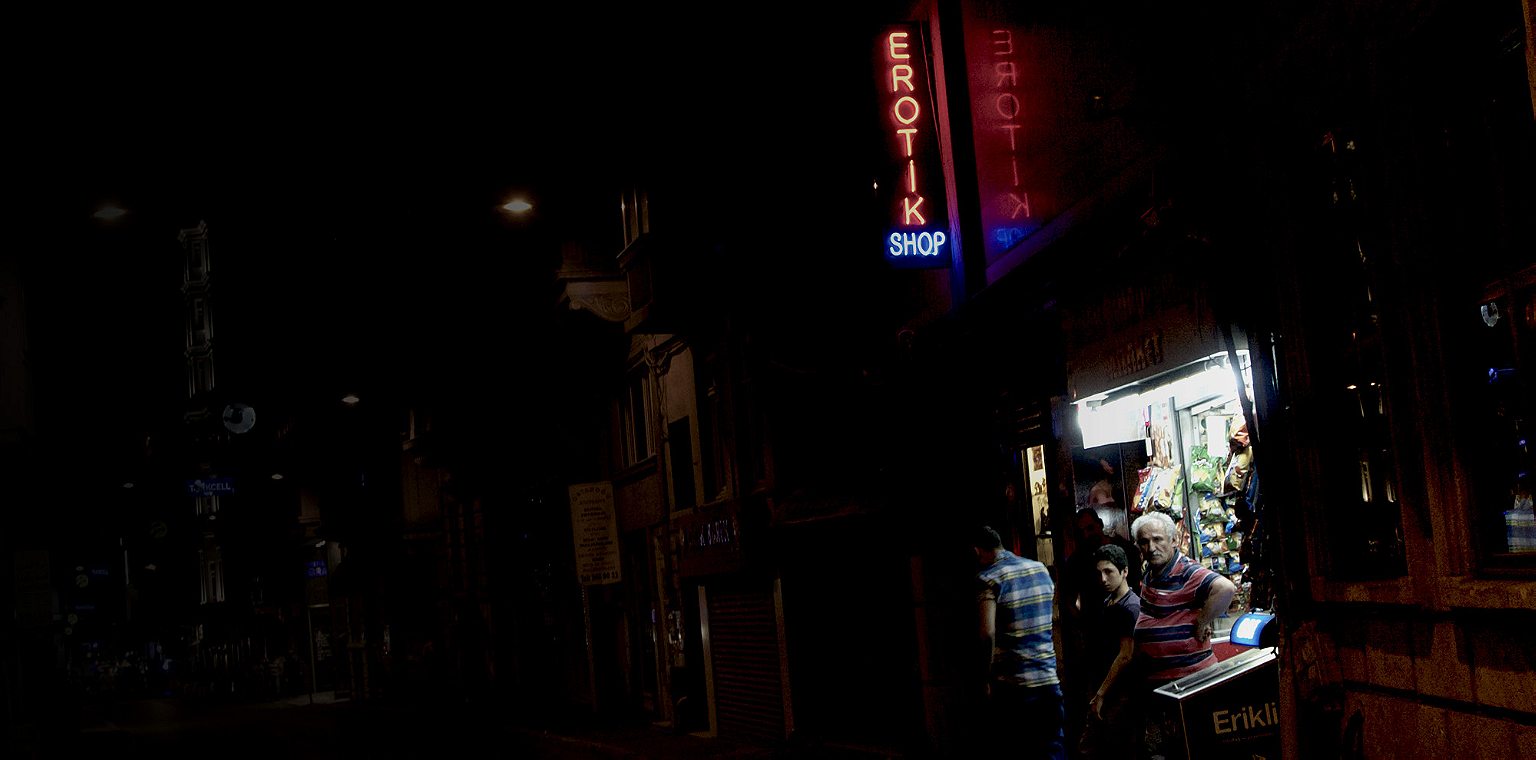
Sex sells. Taboo sex in a small, obscure shop in Istanbul run by women sells even better. Alyson Neel documents the experience of shopping in a store whose unique selling point is “women do not get sexually harassed when they shop there.”
2. To Live, the Oyster Must Die
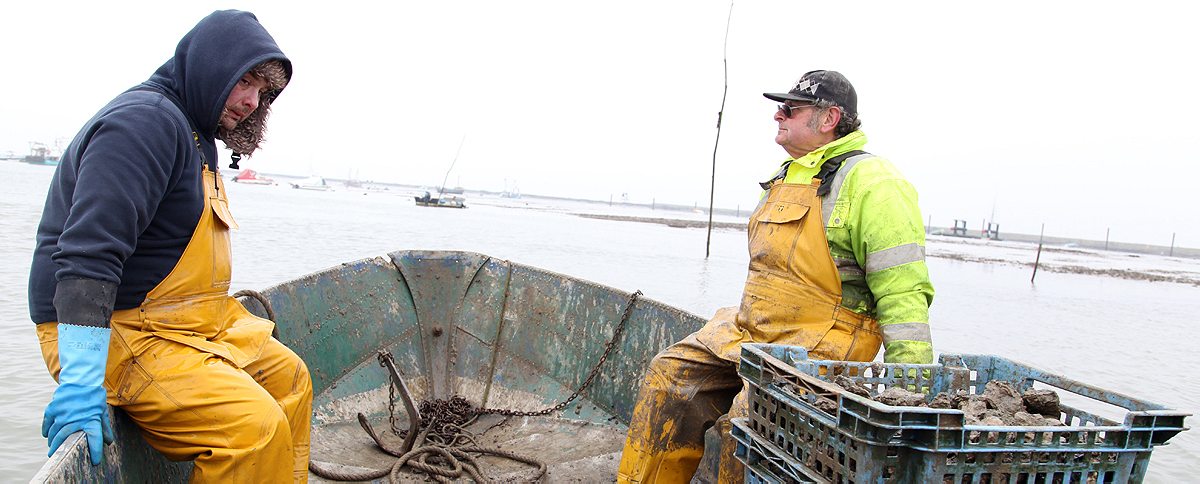
Oliver Bullough, the force behind the great adjika wars of 2012, returned to R&K this year to document the troubled future of the English oyster. Best read with a cold beer and a shake of Tabasco.
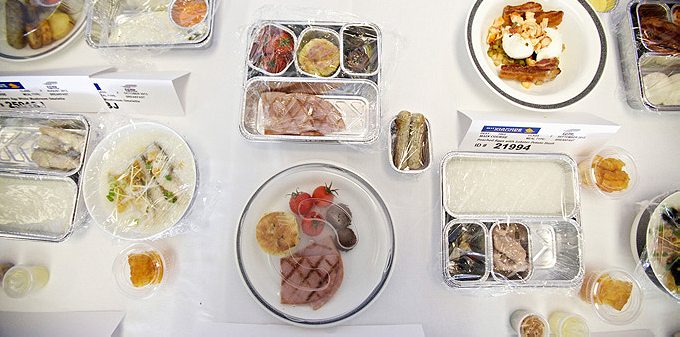
Matt Goulding made his once-secret love for airplane food very public. His defense of what he calls a misunderstood cuisine answers such pressing mysteries as why is taste compromised inside metal birds, why do so many people drink tomato juice at 36,000 feet, and, of course, chicken or pasta?
4. The Biggest Week in Bourbontown
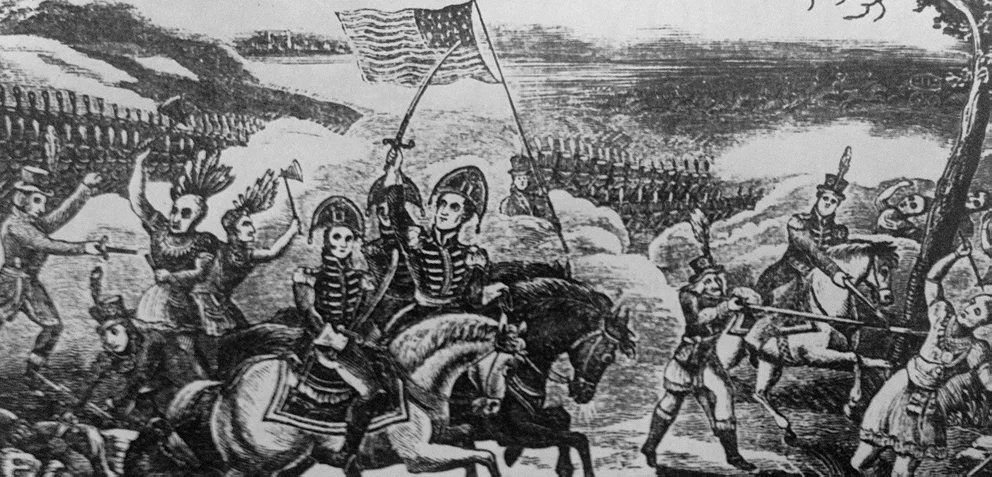
Louisville native Michael Lindenberger poured a life’s worth of memories, anecdotes and brown liquor into this remarkable essay on the history of the Kentucky Derby.
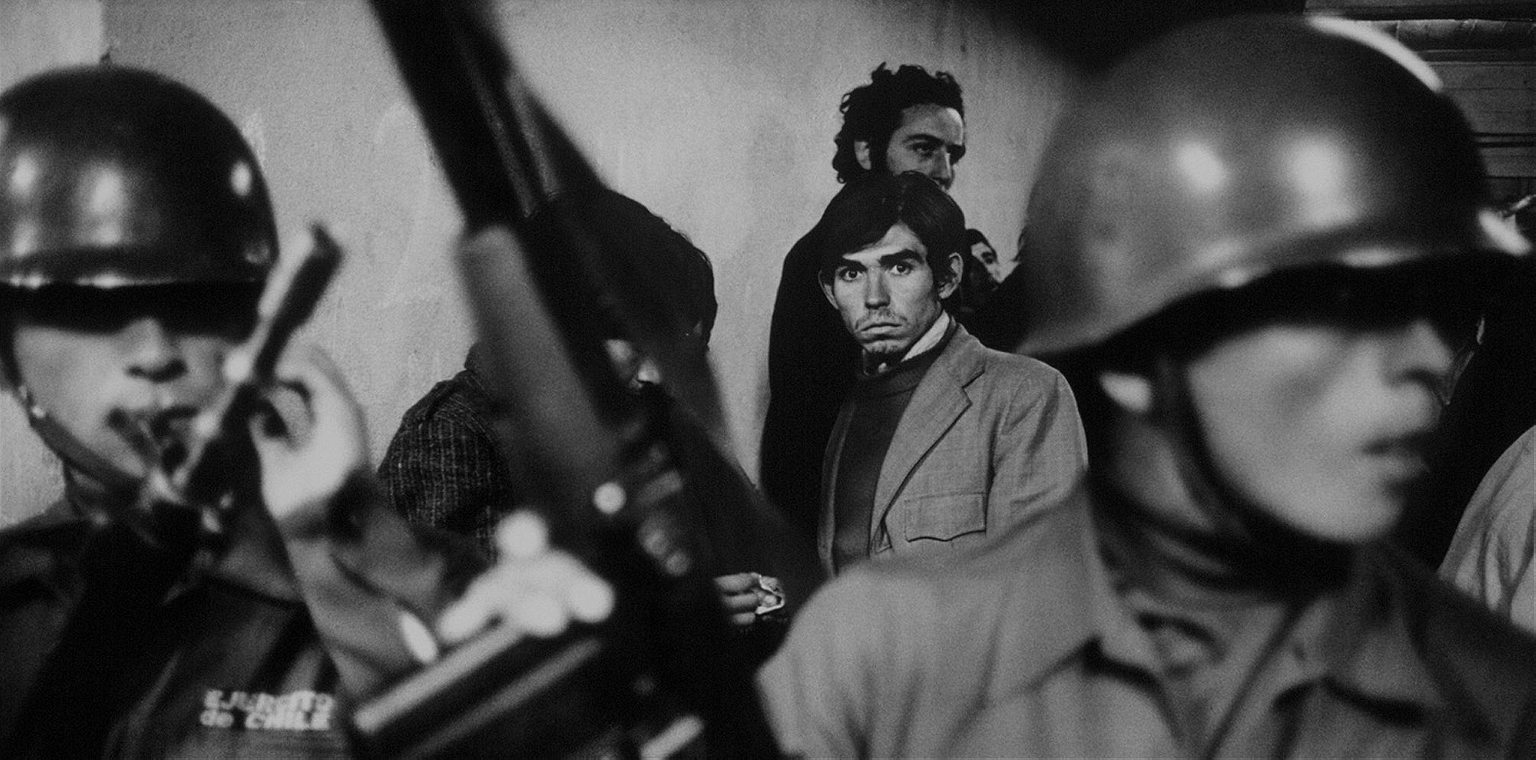
Forty years after famously photographing the deadly Chilean coup, Pulitzer Prize-winning photographer David Burnett returned in search of his most famous subject. Nathan Thornburgh was on hand to document it all.
6. Before They Pass Away: Q&A with Jimmy Nelson
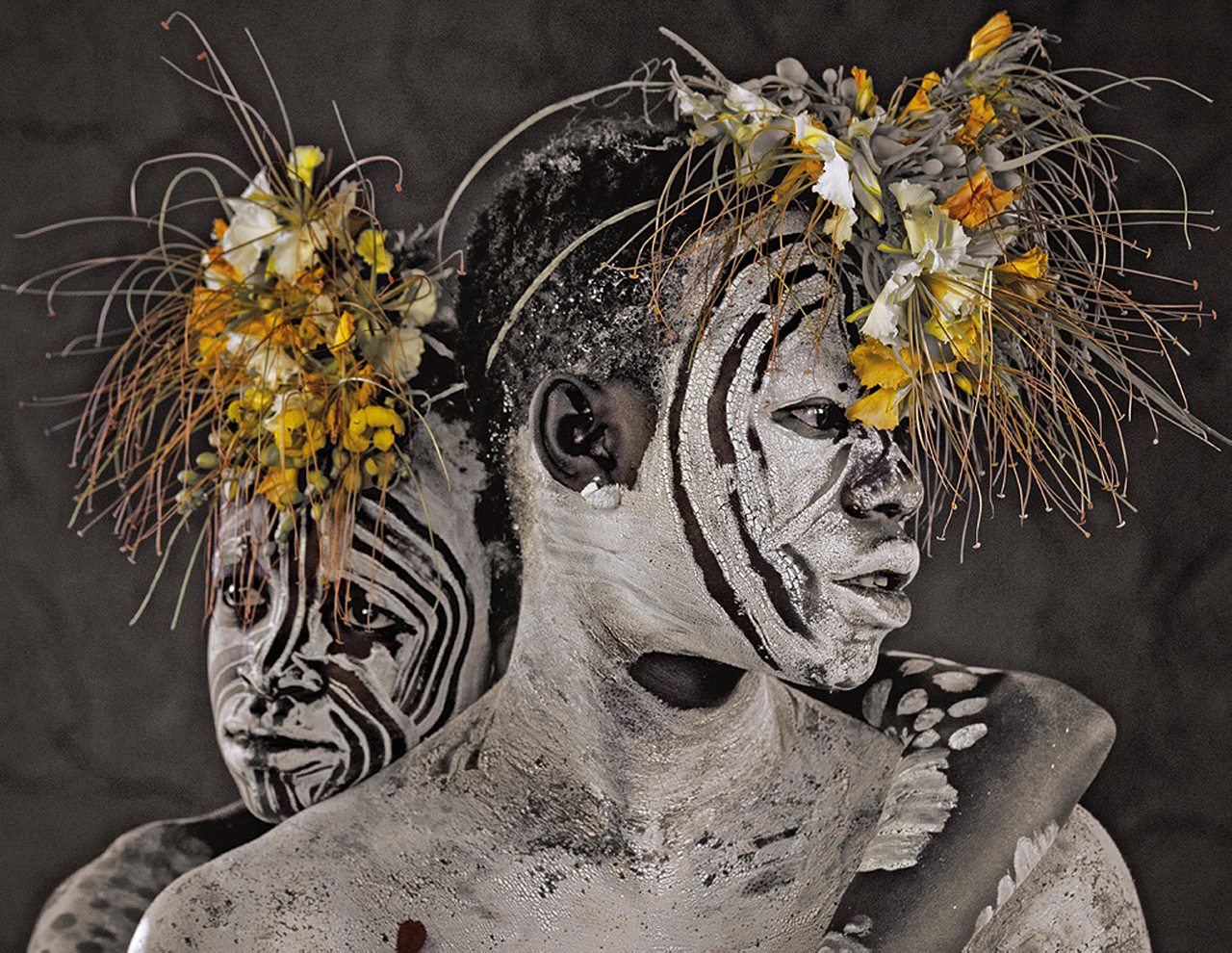
Photographer Jimmy Nelson has spent years immortalizing the world’s last remaining “untouched” tribes. His interview with R&K’s Pauline Eifermanraises questions about everything from modernity to the latent exoticism of third-world photography.
7. 16 Things to Know Before You Go to Sicily
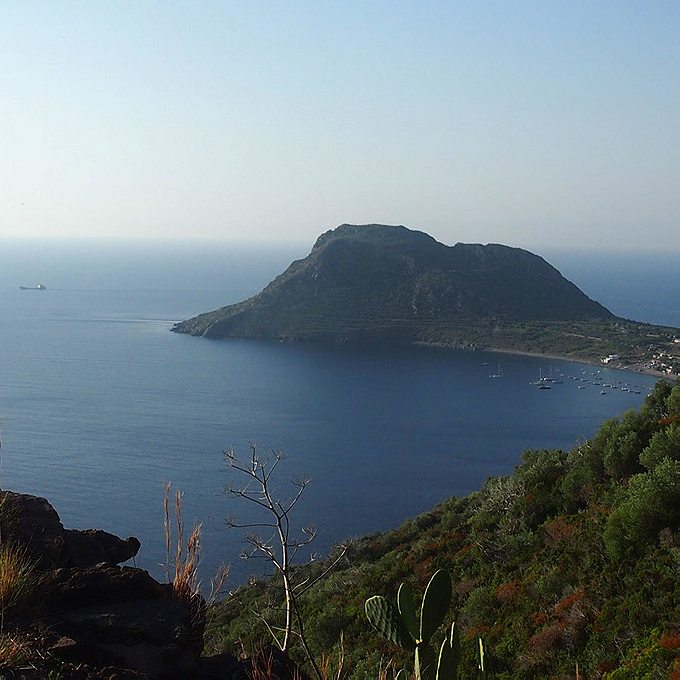
Nathan and Matt traveled to Sicily and made the rookie mistakes so you don’t have to. Indispensable advice includes do nothing in Palermo, don’t mention the word mafia, and eat gelato for breakfast.
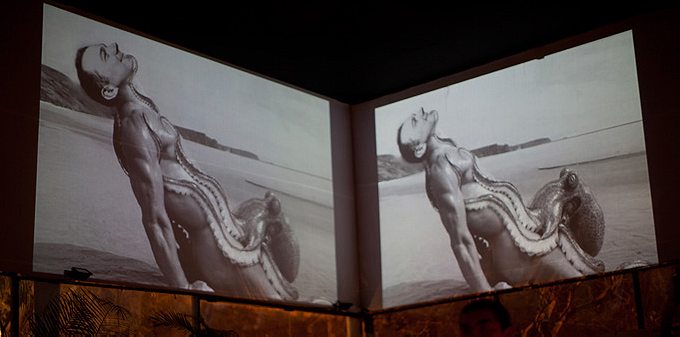
Nicholas Gill gave us a blow-by-blow account of the bizarreness that is Gelinaz!, the global star-chef bacchanal with octopus felatio, gangster rap, and simulated vomiting on the menu. All of this leads Gill to wonder: “Has food jumped the shark?”
9. What’s Eating Albert Adria?

An 8,000-word profile of the world’s most underrated chef and the restaurant empire he’s building in Barcelona.
10. Coffee Power to the People

Asher Kohn spins a highly-caffeinated tale about three Dutchmen determined to return coffee to its simple, pretension-free roots. Their motto: “A barista can only fuck it up.”
11. Bootlegging in Karachi: A Sinner’s Story
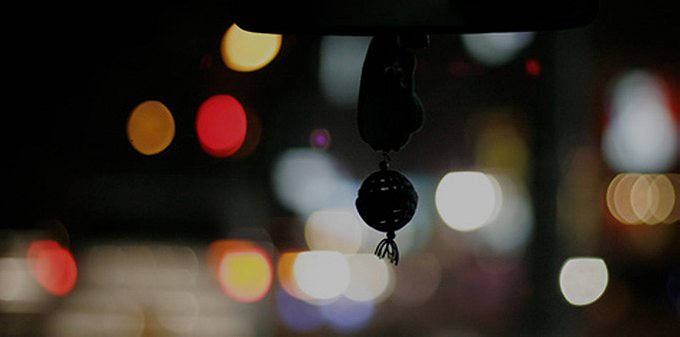
An anonymous writer living in Pakistan documents the difficulties of obtaining booze in a Muslim country.
12. Bodog: Mongolia’s Real Barbecue
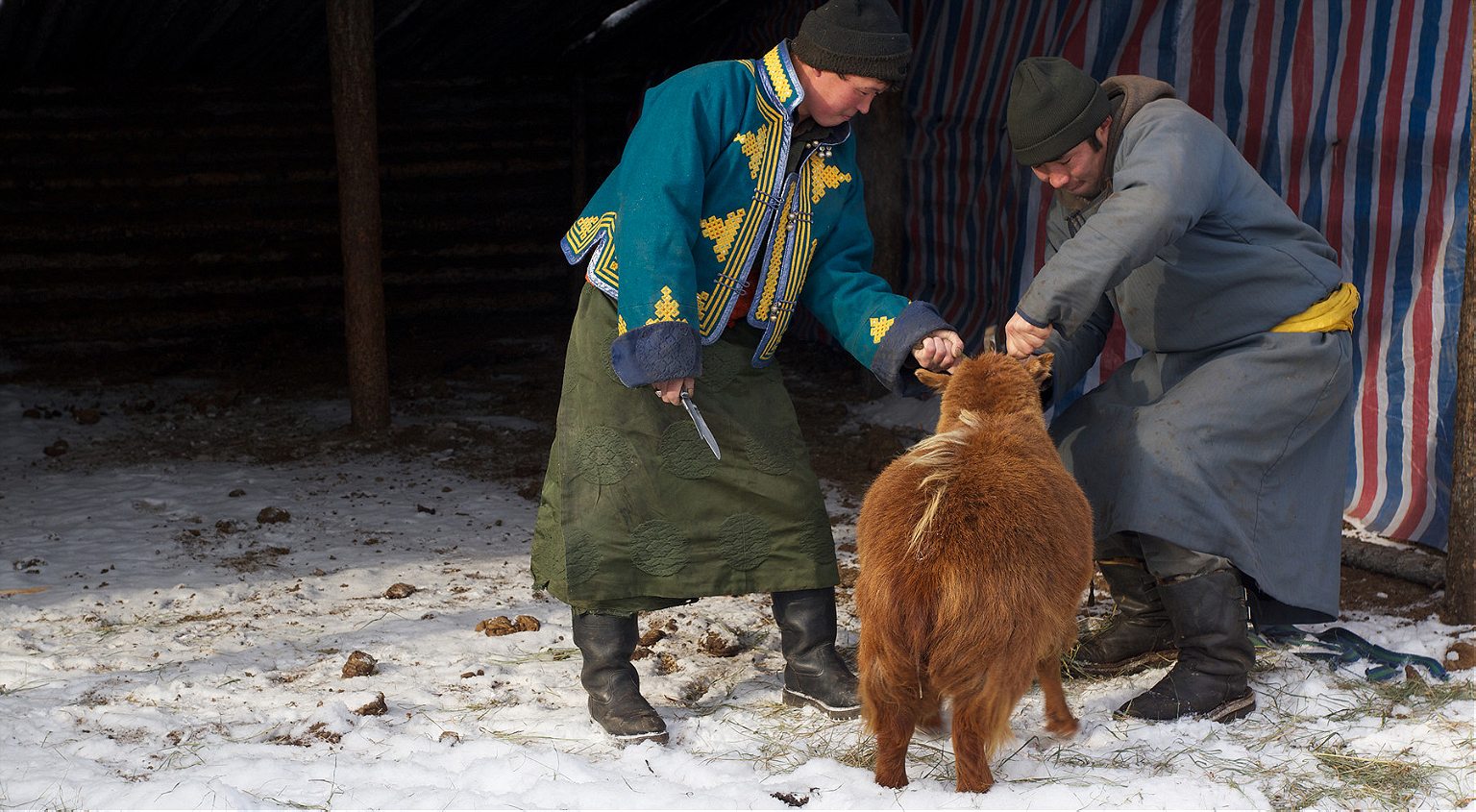
What’s a year-end roundup without a bit of animal blood? Brett Forrest traveled to the far reaches of Mongolia to partake in a traditional goat slaughter. A visceral reminder that “Ghengis Khan didn’t feed his army on stir-fry.”
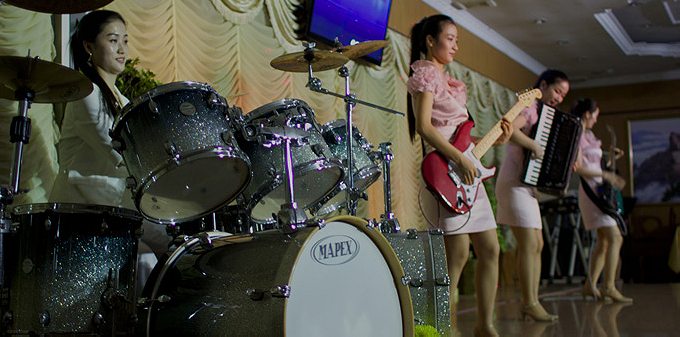
In a dispatch from Phnom Penh for our ongoing series with Slate, Daniel Otis took in the dinner scene at Pyongyang Restaurant, a chain set up to launder money back to Kim Jong-Un’s Stalinist state. On the menu: “Pyongyang cold noodles, pungent dog meat casserole, and viscous pine nut gruel.”